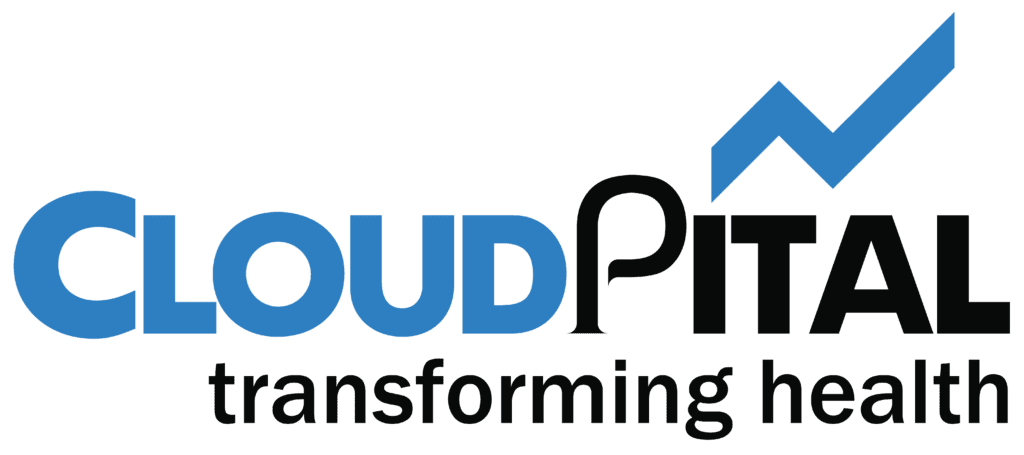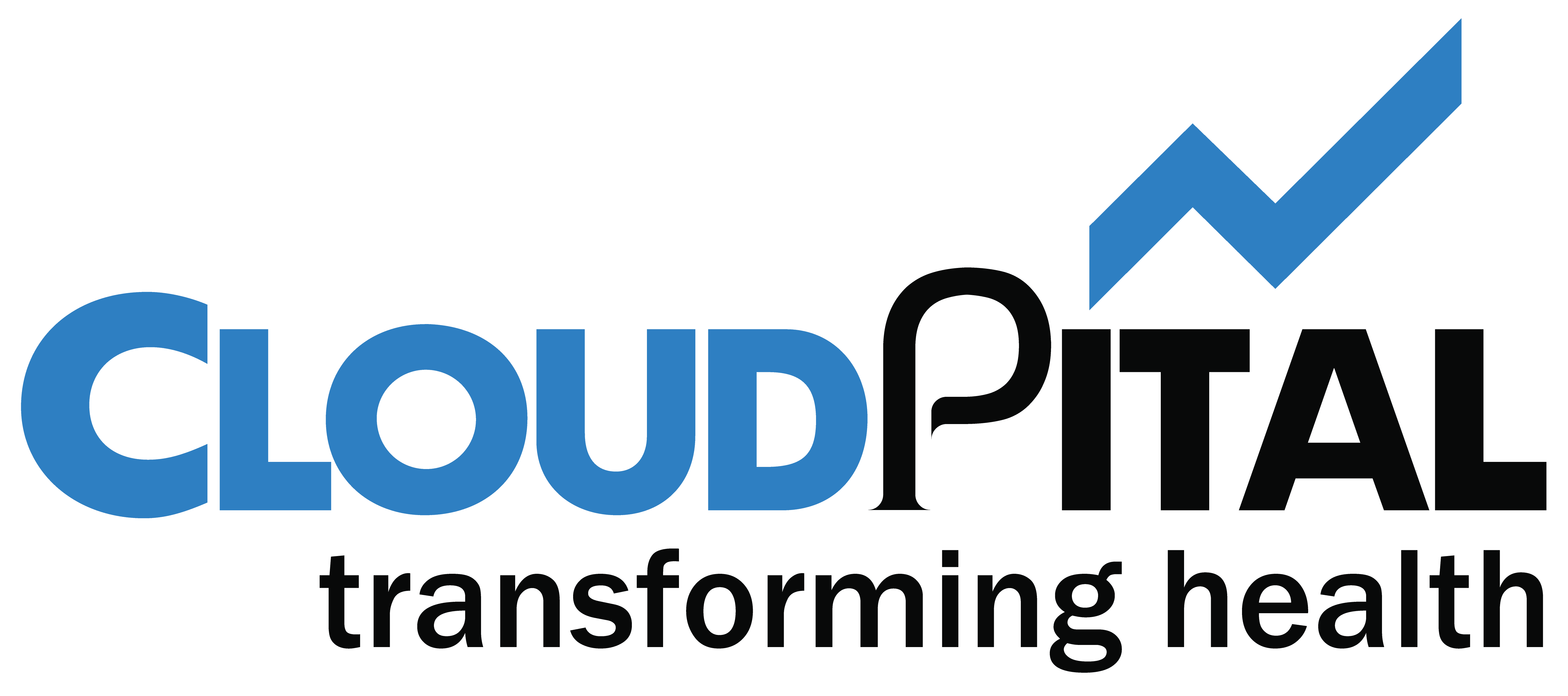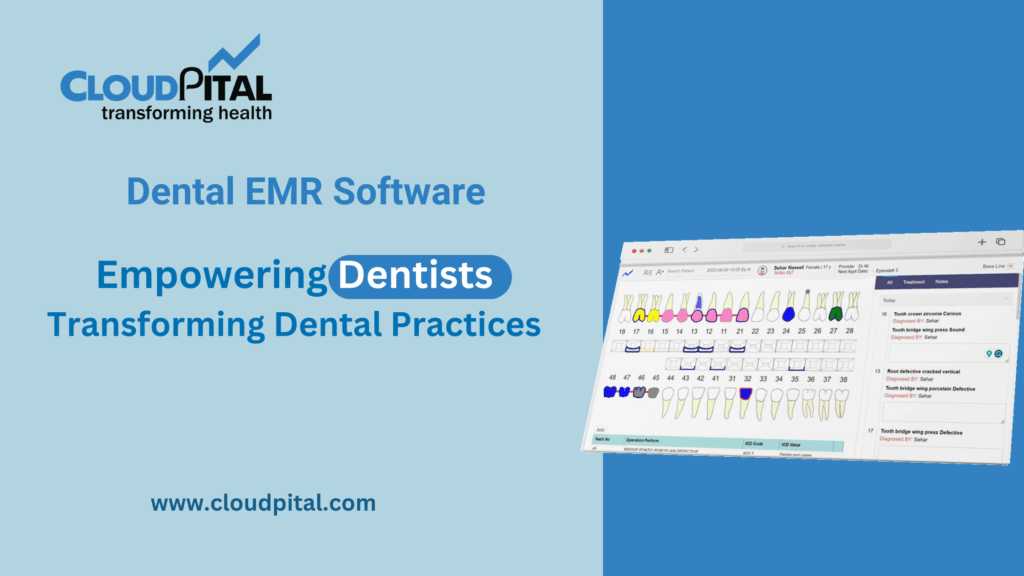Cloudpital # 1 is one of the top Hospital Software in Saudi Arabia has been undergoing significant transformation, driven by the nation’s Vision 2030 initiative, which aims to modernize the economy and public service sectors, including healthcare. Hospital software plays a pivotal role in this transformation, contributing to the enhancement of healthcare delivery, operational efficiency, patient satisfaction, and overall healthcare outcomes. This article explores the multifaceted impact of hospital software in Saudi Arabia, examining its role in various aspects of healthcare.
Click to Start Whatsapp Chatbot with Sales
Mobile: +966547315697
Email: sales@cloudpital.com
Cloudpital # 1 Hospital Software in Saudi Arabia

Enhancing Patient Care and Safety
One of the primary impacts of Hospital Software in Saudi Arabia is the enhancement of patient care and safety. Electronic Health Records (EHRs) and Electronic Medical Records (EMRs) systems ensure that patient information is accurately recorded and easily accessible to healthcare providers. This reduces the risk of errors associated with manual record-keeping and ensures that healthcare providers have comprehensive and up-to-date information about patients’ medical histories, allergies, and treatment plans.
Moreover, hospital software can integrate with diagnostic tools and lab systems, enabling automatic updates to patient records with test results and imaging reports. This seamless integration ensures that healthcare providers have immediate access to critical diagnostic information, facilitating timely and accurate clinical decision-making. Additionally, clinical decision support systems (CDSS) embedded within hospital software can provide healthcare professionals with evidence-based guidelines and alerts for potential drug interactions, further enhancing patient safety.
Streamlining Operations and Improving Efficiency
Hospital software significantly streamlines hospital operations, leading to improved efficiency. Administrative tasks such as appointment scheduling, billing, and inventory management can be automated, reducing the workload on hospital staff and minimizing the risk of human error. For instance, automated scheduling systems can optimize the allocation of medical personnel and resources, reducing wait times for patients and ensuring that healthcare providers can see more patients within a given timeframe.
Inventory management systems integrated with hospital software can track the usage of medical supplies and medications in real-time, alerting staff when stocks are low and automatically placing orders with suppliers. This ensures that hospitals always have the necessary supplies on hand, preventing delays in patient care due to stockouts.
Facilitating Telemedicine and Remote Care
The adoption of hospital software has been instrumental in the growth of telemedicine and remote care services in Saudi Arabia. Telemedicine platforms integrated with hospital software enable healthcare providers to conduct virtual consultations with patients, expanding access to medical care, particularly for those in remote or underserved areas. These platforms can securely transmit patient information and facilitate real-time communication between patients and healthcare providers, ensuring that patients receive timely medical advice and interventions.
Telemedicine has become especially crucial during the COVID-19 pandemic, allowing patients to receive medical care without the risk of exposure to the virus. Hospital software supporting telemedicine can also integrate with wearable devices and remote monitoring tools, allowing healthcare providers to track patients’ vital signs and health metrics from a distance. This continuous monitoring can be particularly beneficial for managing chronic conditions, ensuring that patients receive prompt interventions when needed.
Enhancing Data Management and Analytics
Hospital Software in Saudi Arabia enhances the management and utilization of healthcare data. By digitizing patient records and other healthcare data, hospital software enables the aggregation and analysis of large datasets, providing valuable insights into patient outcomes, treatment effectiveness, and operational performance. Advanced analytics tools integrated within hospital software can identify patterns and trends in healthcare data, supporting evidence-based decision-making and continuous quality improvement.
For example, data analytics can identify high-risk patient populations, enabling healthcare providers to implement targeted interventions and preventive measures. Predictive analytics can forecast patient admissions and resource utilization, allowing hospitals to plan and allocate resources more effectively. Additionally, hospital software can generate detailed reports on key performance indicators (KPIs), helping hospital administrators monitor and improve the quality and efficiency of healthcare services.

Ensuring Compliance and Enhancing Security
Comfort Care Hospice also plays a crucial role in ensuring compliance with healthcare regulations and standards. In Saudi Arabia, healthcare providers must adhere to regulations set forth by the Saudi Ministry of Health and other regulatory bodies. Hospital software can automate the documentation and reporting required for regulatory compliance, reducing the administrative burden on healthcare providers and ensuring that all necessary information is accurately recorded and submitted.
Data security is another critical aspect addressed by hospital software. With the digitization of patient records and other sensitive information, robust security measures are essential to protect against data breaches and cyberattacks. Hospital software incorporates advanced security features such as encryption, access controls, and audit trails to safeguard patient data and ensure that only authorized personnel can access sensitive information. Compliance with international standards such as the General Data Protection Regulation (GDPR) and the Health Insurance Portability and Accountability Act (HIPAA) further enhances data security and patient privacy.
Supporting Research and Innovation
Hospital software also supports medical research and innovation. By providing researchers with access to large, anonymized datasets, hospital software facilitates the conduct of clinical studies and the development of new treatments and medical technologies. Data from hospital software can be used to identify research opportunities, evaluate the effectiveness of interventions, and monitor the long-term outcomes of patients.
Furthermore, the integration of artificial intelligence (AI) and machine learning (ML) capabilities within hospital software is driving innovation in healthcare. AI algorithms can analyze vast amounts of healthcare data to identify patterns and make predictions, supporting the early diagnosis and treatment of diseases. Machine learning models can personalize treatment plans based on individual patient characteristics, improving the effectiveness of medical interventions.
Improving Patient Engagement and Satisfaction
Finally, hospital software enhances patient engagement and satisfaction by providing patients with greater access to their health information and enabling more convenient interactions with healthcare providers. Patient portals integrated with hospital software allow patients to view their medical records, test results, and treatment plans online. They can also schedule appointments, request prescription refills, and communicate with their healthcare providers through secure messaging systems.
By empowering patients to take an active role in their healthcare, Medical Solutions in Saudi Arabia improves patient satisfaction and fosters a more collaborative relationship between patients and healthcare providers. Additionally, patient education materials and resources available through hospital software can help patients better understand their health conditions and treatment options, leading to more informed decision-making and better health outcomes.
Conclusion
In conclusion, hospital software has a profound impact on healthcare in Saudi Arabia, enhancing patient care and safety, streamlining operations, facilitating telemedicine, improving data management and analytics, ensuring compliance and security, supporting research and innovation, and improving patient engagement and satisfaction. As Saudi Arabia continues to advance its healthcare system under Vision 2030, the adoption and utilization of hospital software will be critical in achieving these goals and delivering high-quality, efficient, and patient-centered care.
Click to Start Whatsapp Chatbot with Sales
Mobile: +966547315697
Email: sales@cloudpital.com
Hospital Software in Saudi Arabia
Hospital Software in Saudi Arabia
Hospital Software in Saudi Arabia
The Impact of Hospital Software in Saudi Arabia similar software solutions prices were updated on 2025-07-01T03:20:32+00:00 in Saudi Arabia in Mecca, Medina, Riyadh, Khamis Mushait, Yanbu, Jeddah, Dammam, Unaizah, Uqair, Ha’il, Ta if, Al Bahah, Dhahran, King Abdullah Economic City, Najran, Diriyah, Qatif, Khafji, Jubail, Abqaiq, List of Cities and Towns in Saudi Arabia, Ras Tanura, Turubah, Jazan Economic City, Knowledge Economic City, Medina, Khobar, Abha, Tabuk, Saudi Arabia, similar software solutions prices were updated on 2025-07-01T03:20:32+00:00 We also provide in Saudi Arabia services solutions company in Hafar Al-Batin, Udhailiyah, Al-Awamiyah, Hofuf, Hautat Sudair, Buraidah, Tayma, Duba, ‘uyayna, Saihat, Al-Kharj, Al-ula, Jizan, Rumailah, Ar Rass, Arar, Shaybah, Al Majma’ah, Rabigh, Dhurma, Haradh, List of Saudi Cities by Gdp Per Capita, Badr, Sudair Industrial City, Baljurashi, Shaqraa, Al-Khutt, Habala, Ad Dawadimi, Dawadmi, Layla, similar software solutions prices were updated on 2025-07-01T03:20:32+00:00 Price is SAR 100 and this was updated on updated on 2025-07-01T03:20:32+00:00 similar The Impact of Hospital Software in Saudi Arabia software solutions prices were updated on 2025-07-01T03:20:32+00:00 in Saudi Arabia in Haql, Afif, Al-Abwa, Farasan, Al-Jaroudiya, Thadig, Al-Thuqbah, Al Wajh, Almardmah, Al-Zilfi, Muzahmiyya, Prince Abdul Aziz Bin Mousaed Economic City, Tharmada’a, Skaka, Um Al-Sahek, Sharurah, Tanomah, Bisha, Dahaban, Al Qunfudhah, Qurayyat, Saudi Arabia, Ha’ir, as Sulayyil, Al Lith, Turaif, Al-Gway’iyyah, Samtah, Wadi Ad-Dawasir, Az Zaimah, Safwa City, Jalajil, Harmah, Mastoorah, Hotat Bani Tamim, Jabal Umm Al Ru’us, Rafha, Qaisumah, Al-Ghat, Hajrah, Al-Hareeq. Excerpt: Jeddah (also spelled Jiddah, Jidda, or Jedda; Arabic: Jidda) is a Saudi Arabian city located on the coast of the Red Sea and is the major urban center of western Saudi Arabia similar software solutions prices were updated on 2025-07-01T03:20:32+00:00 Price is SAR 100 and this was updated on updated on 2025-07-01T03:20:32+00:00
6-5-2024




